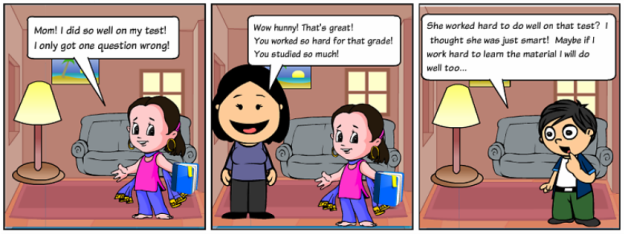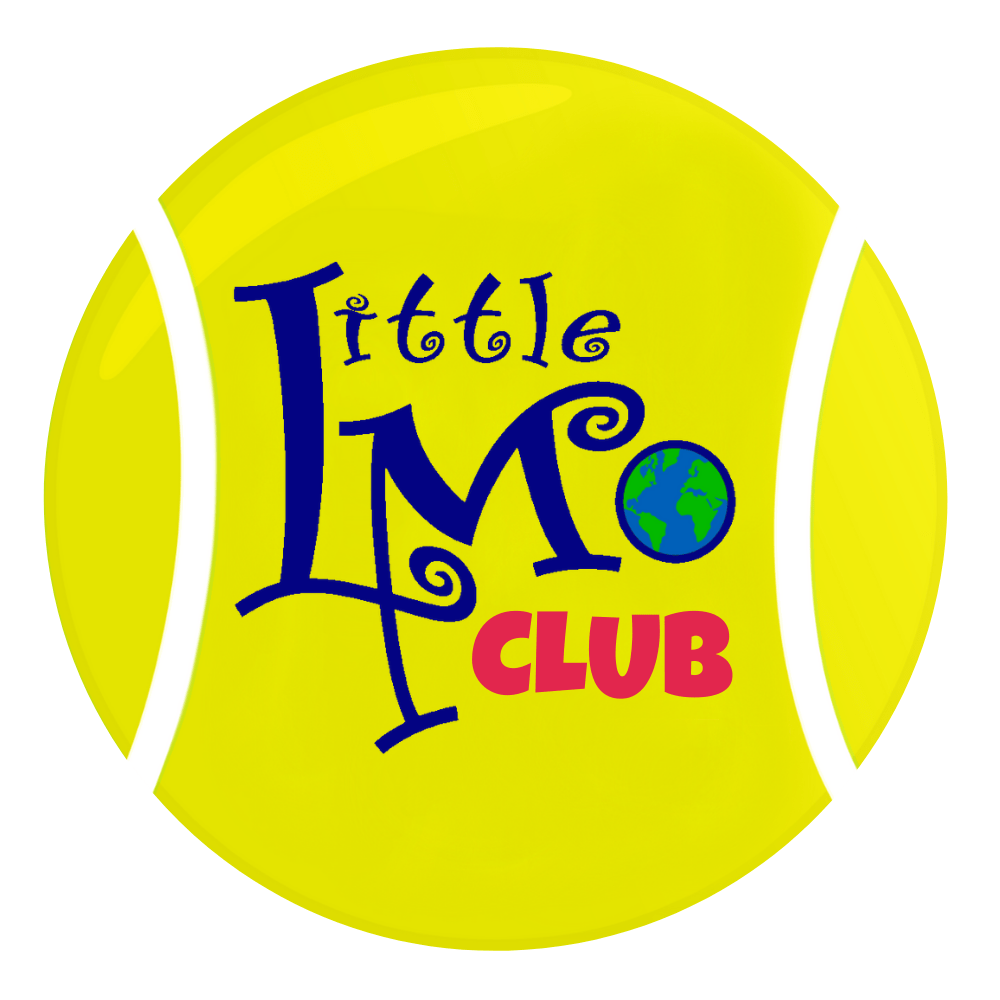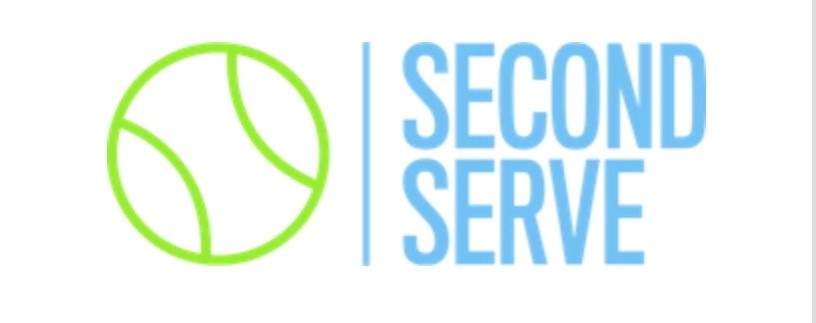What I’ve learnt from junior tennis: Building a growth mindset

The following article is the third in the series by Paul K. Ainsworth, a Tennis Parent in the UK
(click here to go to his blog) and author of six education books who has given me permission to reprint the series here. Click here to follow him on Twitter.
Developing a growth a mindset in our children is an aim for many parents. Children with a growth mindset will be more able to cope with setbacks and when things go wrong they are less likely to lose focus. A child with a growth mindset may even find losses motivating and give them a fresh impetus to practice an element of their game. A child with a very strong growth mindset will find success in their learning or their training. So rather than winning a match it is what they have improved on that is the most important driver. (A key tenet of ‘The inner game of tennis’)
 If we know what mindsets are and we can recognise where our children are on the mindset continuum, then one of our challenges is to consider what we can do to develop a growth mindset in our child. However it is important before we begin that we must never criticise our child for showing a fixed mindset. If our child has played a match and is displaying fixed mindset language we should only encourage, however hard that may be. If we think about our own lives, one negative comment can often be worth 50 positive ones.
If we know what mindsets are and we can recognise where our children are on the mindset continuum, then one of our challenges is to consider what we can do to develop a growth mindset in our child. However it is important before we begin that we must never criticise our child for showing a fixed mindset. If our child has played a match and is displaying fixed mindset language we should only encourage, however hard that may be. If we think about our own lives, one negative comment can often be worth 50 positive ones.
You can ask your child questions to try and help develop their growth mindset.
| General Questions | Tennis Questions |
| What did you today that made you think hard? | What did you practice today that made you think or work hard? |
| What happened today that made you keep going on? | When you were practising your kick serve what made you keep trying? |
| What strategy are you going to try now? | When you next practice what do you want to work on? |
| What will you do to challenge yourself today? | What do you want to practice or work on today? |
| What will you do to solve this problem? | In this match what are you going to try? What else could you try? |
How you talk to and praise your child can also move your child towards either a fixed mindset. Think about what you are saying and whether unintentionally your comments suggest that your child has permanent traits and you are judging them rather than giving the message that they are developing themselves and you are interested in their development.

When you praise them, try not to praise them for their intelligence or their talent. Its very easy to say when they’ve done a piece of homework, you’re really clever or when they’ve won a tennis match, you’re great player. We want to build their confidence up but actually at the same time we are reinforcing a fixed mindset, that talent and intelligence are predetermined. Instead what we need to try and praise is their strategies, their efforts or their choices.
 Growth mindset praise could sound like this:
Growth mindset praise could sound like this:
- You worked really hard today.
- I could really see what you’ve been practicing on in that match.
- I liked it when you got into a long rally and kept going.
- I was impressed that you kept going for your winners.
- I’m really proud of you for trying so hard.
- You deserved to win because of all your practice and how hard you’ve been working.
The final aspect of developing a growth mindset is making use of the power of ‘yet’. If you are really working towards a growth mindset, you are saying that if you keep working you will keep improving. When your child says they can’t do something, you turn it around with yet.

| Child says | You reply |
| I can’t hit a backhand volley | You’re not making your backhand volleys yet. |
| I’ve never won a competition. | You’ve not won a competition yet. |
| I’ll never be able kick serve. | You’re not hitting your kick serves yet |
I hope these three blogs have you given you some food for thought and some ideas on how you can develop a growth mindset in your child. If you want to find out more; I’d suggest reading ‘Mindset: How you can fulfill your potential’ by Carol S. Dweck.
Finally I am not saying that Mindsets have all the answers nor is it an easy process to follow but I do believe it is another useful set of ideas for you to use as a parent and a tennis parent.












